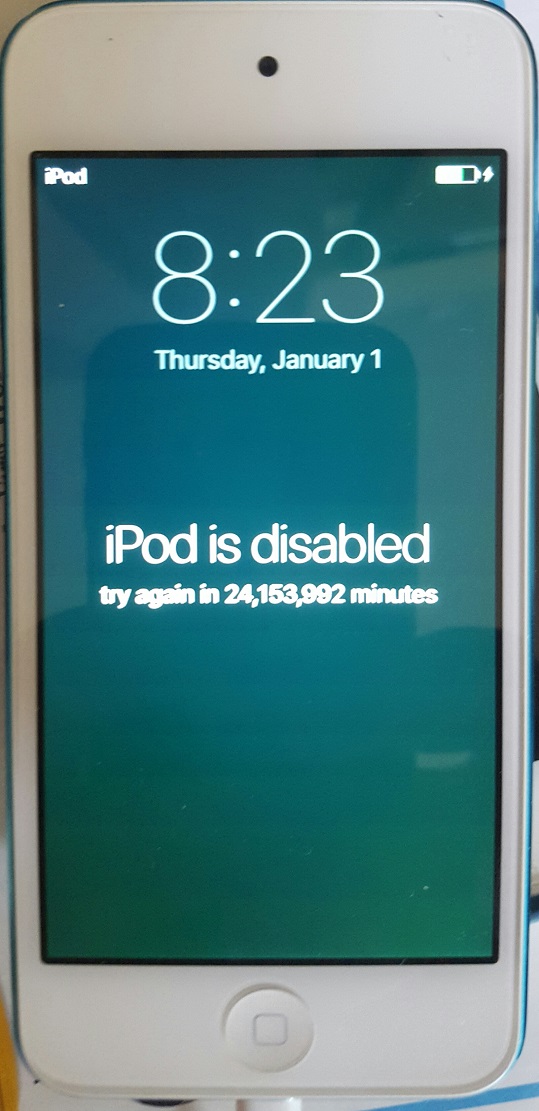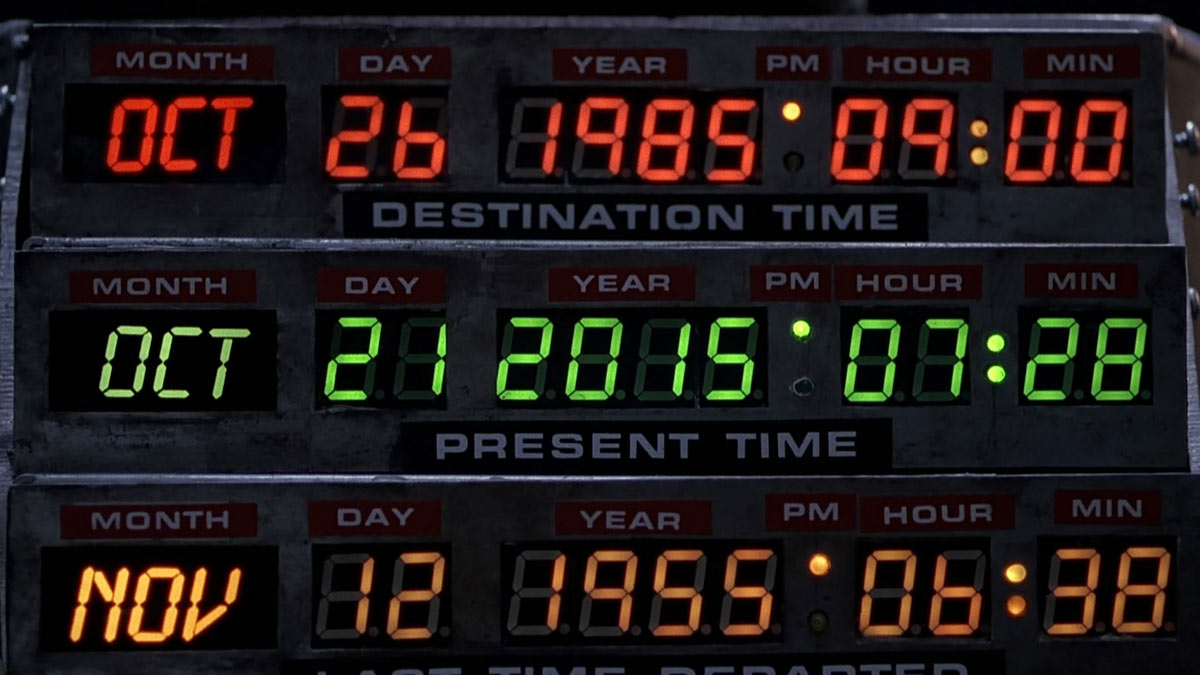(This is a guest post by xorhash.)
Introduction
I’ve recently defeated one of my bigger inconveniences, broken DEL as backspace on the UNIX®†operating system, Seventh Edition (commonly known as UNIX V7 or just V7). However, I’ve had another pet peeve for a while: How much manual labor is involved in booting the system. Reader DOS found out that SIMH recently added support for SEND/EXPECT pairs to react to output from the simulator. Think of them like UUCP chat scripts, effectively. This can be used to automate the bootup procedure.
Yet DOS’s script skips over a part of the bootup procedure that can be fully automated with some additional tooling. Namely, setting the date/time to the current time as defined by the host system. As per boot(8), the operator is meant to set the date/time every time the system is brought up. This should be possible to automate, right?
Setting the Date Automatically
date(1) itself does not support setting years past 2000, so we need custom code in any case. SIMH, fortunately, also provides a way to get the current timestamp in the form of %UTIME%, which is interpreted in any argument to any command. I’ve thus written a utility called tsdate that takes a timestamp as argument and sets the current time to be that timestamp. I put the executable in /etc/tsdate, but there’s really no reason to do so other than not wanting to accidentally call it. Once tsdate is in place, changing DOS’s script slightly will already do the trick:
expect "\n\r# " send "/etc/tsdate %UTIME%\r\004"; c
This approach already has a minor amount of time drift ab initio, namely the difference between the actual time on the host system and the UNIX timestamp. In the worst case, this may be very close to 1. If for some reason you need higher accuracy than this, you’ll probably have a fairly hard time. I could imagine some kind of NTP-over-serial, but you’d need support for chat scripts to get past the authentication due to getty(8) spawning login(1).
The system is not suitable for usage past the year 2038. However, you can at least push it back until around 2100 by changing the internal representation of time to be an unsigned long instead of simply a long. time_t was not used systematically. Instead, everything assumed long as the type for times. This assumption is in a lot of places in userspace and even the man pages use long instead of time_t.
If you overflow tsdate’s timestamp, you’ll just get whatever happens when atol(3) overflows. There’s nothing in the standard library for parsing strings into unsigned long and the year 2038 is far enough away that I didn’t want to bother. stime(2) would presumably also need to be adjusted.
Year 2000 Compatibility in the System
V7 is surprisingly good at handling years past 2000. Most utilities can print years up to and including 2099 properly. Macros for nroff(1)/troff(1), however, are blissfully unaware that years past 1999 may exist. This causes man pages to be supposedly printed in the year 19118. The root cause for this is that the number register yr only holds the current year minus 1900. Patches to the -ms and -man macros are required. Similarly, refer(1) only considers years until 2000 to be actual years, though I did not bother patching that since it should only affect keyword matching.
Leap year handling is broken in two different places due to wrong leap year handling: at(1) and the undocumented dysize() function, used by date(1) as well as inside /usr/src/libc/gen/ctime.c for various purposes. This affects the standard library, so recompiling the entire userland is recommended. Because the calculation is just a naïve division by four, it actually works on the year 2000 itself. A year is a leap year, i.e. has February 29, if a year is:
- a multiple of 4, and
-
- not a multiple of 100, or
- a multiple of 400.
Leap seconds are also not accounted for, but that comes to nobody’s surprise. Leap seconds just add a second 60 to the usual 00-59, so they don’t hurt doing date calculations on timestamps unless precisely on a leap second. For my purposes, they can be ignored.
Note that I haven’t gone through the system with a fine-toothed comb. There can always be more subtle time/date issues remaining in the system. For my purposes, this works well enough. If other things crop up, you’re welcome to put them in the comments for future generations.
The Good Stuff
There’s really not much to it. Applying diff and recompilation of the affected parts is left as an exercise for the reader.
Files:
† UNIX is a trademark of The Open Group.




